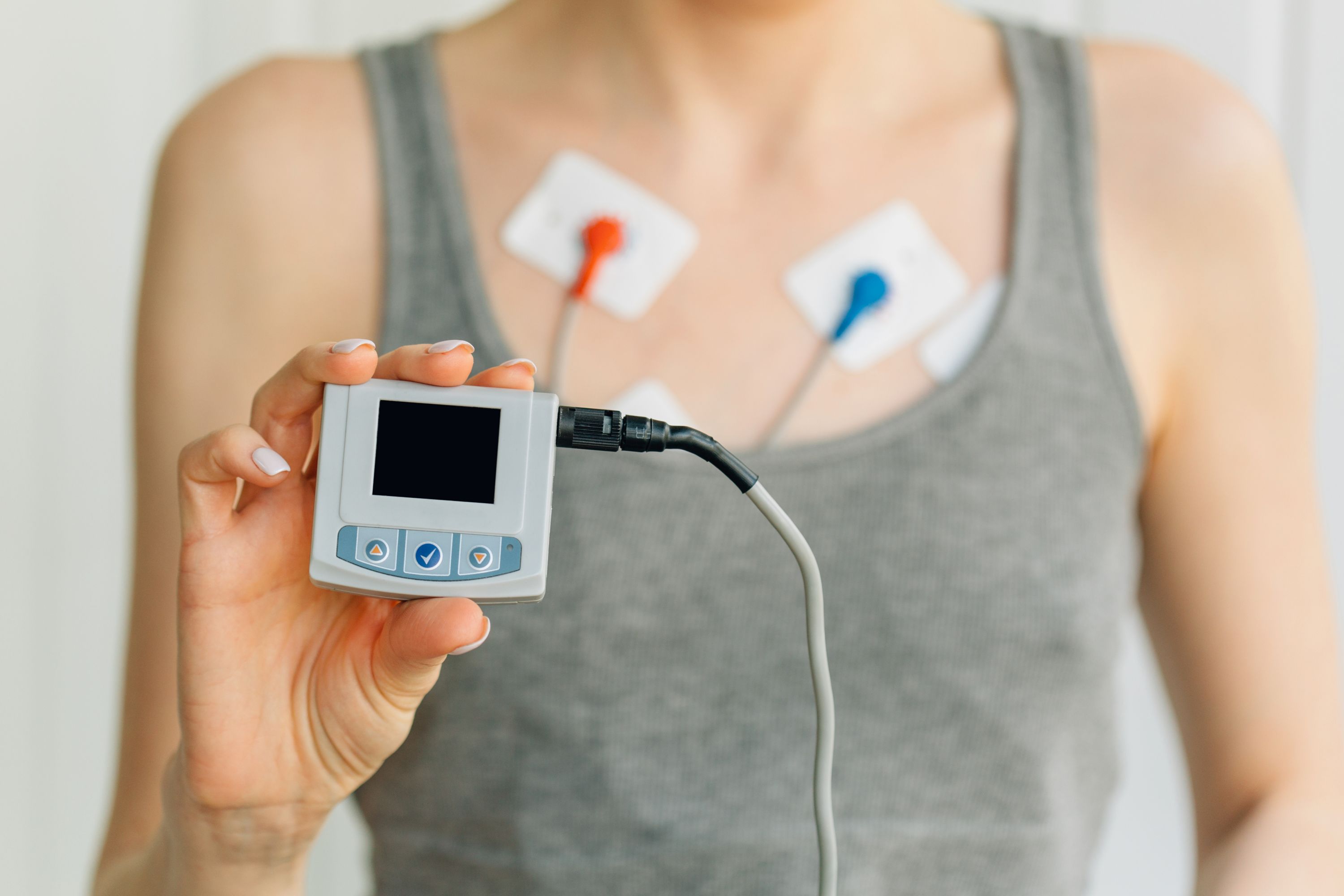Female researchers experience longer peer review times than male authors in biomedicine and life sciences
Before being published, studies written by female researchers are spend a longer time in peer review than articles by male authors, according to an analysis of more than 36 million publications in biomedical and life science journals. The median peer review time is between 7.4% and 14.6% longer for female authors than for male authors in most disciplines, says the analysis published in PLoS Biology.








